Holistic healing
Acupuncture can be used as a treatment by itself, or in conjunction with other modalities, such as Chinese herbal therapies, food therapies, and Western medicine.
Each acupuncture point has specific actions when stimulated. Combinations of points are often stimulated to take advantage of synergistic reactions between them. From arthritis or incontinence to cancer, Dr. Kirwin can help you figure out whether acupuncture should be a piece of your dog’s overall wellness plan.

ACUPUNCTURE FAQs
Acupuncture may be defined as the insertion of needles into specific points on the body to cause a desired healing effect. This technique has been used in veterinary practice in China for at least 3000 years to treat many ailments. Acupuncture is used all over the world, either by itself or in conjunction with Western medicine, to treat a wide variety of maladies in every species of domestic and in exotic animals. Modern veterinary acupuncturists use solid needles, hypodermic needles, moxa, electricity, heat, massage, and low power lasers to stimulate acupuncture points. Acupuncture is not a cure all, but can work very well when it is indicated.
Acupuncture can be used for many different problems, including pain, arthritis, heart, lung, kidney, digestive, hormonal, allergic, and reproductive. It can also be used as a preventative therapy to help keep an individual healthy.
Western medicine is unsurpassed in its ability to deal with acute, traumatic illness, but is limited in its approach to chronic problems. Acupuncture and traditional Chinese medicine can greatly aid in dealing with acute and chronic problems. Integrating both approaches to illness treatment and prevention gives a practitioner a much broader base from which to draw to help patients.
Acupuncture is one of the safest forms of medical treatment for animals when it is administered by a properly trained veterinarian. Side effects of acupuncture are rare, but they do exist. An animal’s condition may seem worse for up to 48 hours after a treatment. Other animals may become sleepy or lethargic for 24 hours after acupuncture. These effects are an indication that some physiological changes are developing, and they are most often followed by an improvement in the animal’s condition.
For small animals, the insertion of acupuncture needles is most often virtually painless. On occasion, a needle may cause a moment’s pain when inserted. Once the needles are in place, however, there should be no pain. Most animals become very relaxed and may even become sleepy. Nevertheless, acupuncture treatment may cause some sensation, presumed to be those such as tingles, cramps, or numbness which can occur in humans and which may be uncomfortable to some animals. Most animals do not mind their treatments and actually start to associate pain relief with coming in for acupuncture. We see pretty amazing results in our geriatric population.
The length and frequency of acupuncture treatments depends on the condition of the patient and the method of stimulation that is used by the veterinary acupuncturist. Stimulation of an individual acupuncture point may take as little as 10 seconds or as much as 30 minutes. A simple acute problem, such as a sprain, may require only one treatment, whereas more severe or chronic ailments may need several or several dozen treatments.
When multiple treatments are necessary, they usually begin intensively and are tapered to maximum efficiency. Patients often start with 1 or more treatments per week for 4-6 weeks. A positive response is usually seen by the third to fourth treatment. Once a maximum positive response is achieved (usually 4-8 treatments), treatments are tapered off so that the greatest amount of symptom-free time elapses between them. Some animals need maintenance treatments every 2 to 3 weeks and others every several months.
There are two important criteria you should look for in a veterinary acupuncturist:
- Your veterinary acupuncturist must be a licensed veterinarian. Dr. Kirwin, DVM, CVA graduated from The Chi Institute of Traditional Chinese Veterinary Medicine and is a Certified Veterinary Acupuncturist.
- Your veterinary acupuncturist should have formal training in the practice of acupuncture for animals. (For example, a course taught with content following the International Veterinary Acupuncture Society’s guidelines.)
In most countries, states, and provinces, veterinary acupuncture is considered a surgical procedure that only licensed veterinarians may legally administer to animals. A veterinarian is in the best position to diagnose an animal’s health problem and then to determine whether an animal is likely to benefit from an acupuncture treatment, or whether its problem requires chemical, surgical, or no intervention.
In the USA, the American Veterinary Medical Association considers veterinary acupuncture a valid modality within the practice of veterinary medicine and surgery, but extensive educational programs should be undertaken before a veterinarian is considered competent to practice acupuncture. Ask your veterinarian about her or his training. The more your veterinarian knows about the traditional Chinese philosophies and Western scientific bases for acupuncture, the more sure you can be that your animals will be treated properly.
If you have any further questions or would like to consider if acupuncture is the right fit for your dog or cat please contact us!
Absolutely! For cats that travel well and are pretty laid back, acupuncture can be a wonderful means of delivering pain management. If they have osteoarthritis, an injury, or renal disease, acupuncture has been shown to help kitties too.


